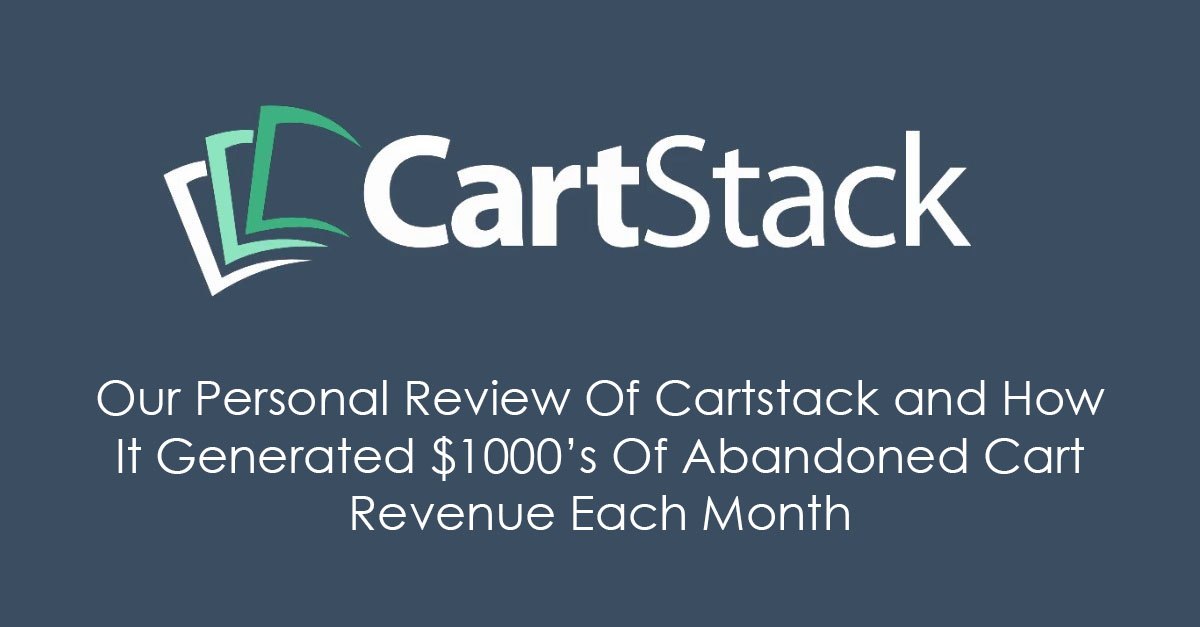Web Hosting Solutions
- David
- June 2nd, 2010
Web hosting is like renting a storefront but instead of renting a brick & mortar store you are renting space on a web server. Once you've created the files that make up your website and pointed your domain names to your web hosting company you will publish the files to your web hosting account which makes it accessible to anyone who types in your domain name. One thing to point out is that your homepage will need to be named index.htm, index.html, default.asp, index.php among a few other options but never name your homepage something like hompage.htm or homepage.html or your site won't be found properly. With that said, let's get into some basic information regarding web hosting solutions.
1. Disk Space - This is the amount of space that you've 'rented'. The amount of space that you need really depends on how much content you plan on publishing. The more pages, graphics, images, flash etc that you plan on publishing will require additional space. A decent amount of space for most websites is about 5GB. You'll find some companies that offer some huge number like 1,000GB of space. Unless you plan on publishing a huge corporate site there really won't be a need for that amount of space. That's like buying a 500 horsepower car, yeah it's nice to say but you'll never need it.
2. Bandwidth / Data Transfer - This is the amount of data you are allowed to deliver from your site in a given month. Whenever someone visits your website data is transferred from your web hosting account to the monitor of the person visiting your website. This includes text, graphics, images, etc. The size of the images, the number of graphics, etc will determine the amount of data transfer so it's always a good idea to use images that are lower resolution & limit the number of large size graphics on your website.
3. Email Accounts - This is going to be the number of personal email accounts are allowed to have in your web hosting plan. I would say that 5 email accounts would be a minimum for a new or personal website but these days most companies give you at least 100 so this won't be an issue.
Email accounts within a hosting plan allow you to setup personal email accounts. For example, say you own TonysToys.com, you could setup sales@tonystoys.com, info@tonystoys.com, tony@tonystoys.com, etc. One last thing on email accounts, often times you'll find that your email accounts are taken into account when determining disk space. For example, say you have 25mb of space left after you publish your website and you receive an email with a 1mb attachment via your email account, you would then only have 24mb left. Not every hosting company works this way but majority of them do.
4. Domains / Add-On Domains - This is a great option that really made it big with web hosting companies in the last couple of years. Add-On domains allows you to host more than 1 website on a single web hosting plan. This is a great way to save money because you don't need to purchase a web hosting account for each domain name that you plan on building a website for. Just knowing that majority of my web sites are generally under a few GBs let's me know that I can setup a few websites on any web hosting account that I setup that offers the capability of hosting multiple domains on 1 account.
That's it for this post, in my next post I'm going to explain some of the additional features that you can expect with most web hosting plans such as databases, pre-installed software among other features.
Best regards,
David Lalumendre
www.WebsiteSpot.com



